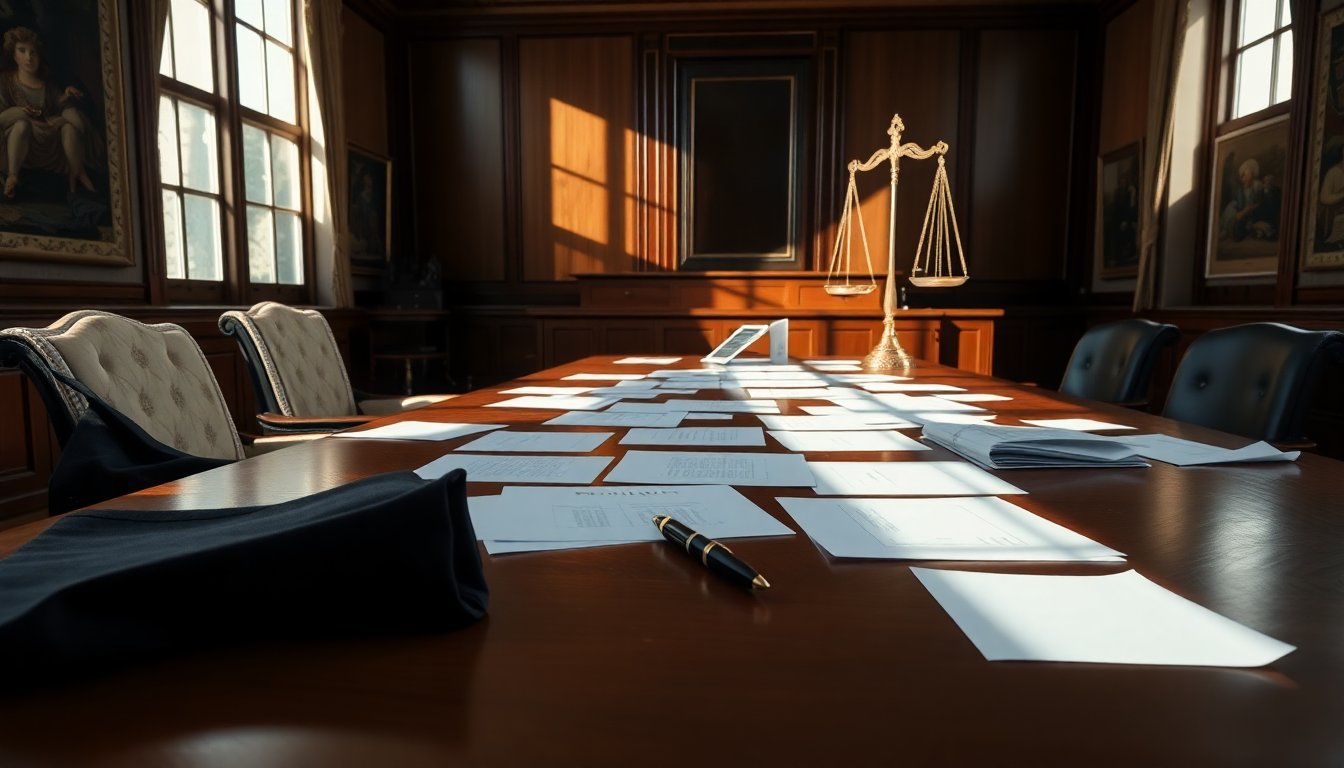Table of Contents
Recent developments in the United States judicial landscape indicate a significant shift in the relationship between the judiciary and former President Donald Trump. A growing number of judges, many of whom were appointed by former President Ronald Reagan, have begun to express their dissatisfaction with Trump’s legal strategies and his behavior in court. This discontent is illustrated by a notable resignation from one judge who felt compelled to speak out more forcefully against the former president.
Trump’s legal challenges continue
The legal battles faced by Trump have reached new heights, particularly a recent case involving E. Jean Carroll, a journalist who accused him of sexual assault. Trump has appealed to the Supreme Court to overturn a ruling that mandated he pay Carroll $5 million in damages. The case revolves around alleged incidents from the mid-1990s, during which Carroll claimed that Trump assaulted her in a New York City department store.
Despite Trump’s persistent denials, his legal team argues that procedural errors during the trial adversely affected his reputation before the jury. They have pointed out that the judge allowed testimony from two other women who claimed to have experienced similar abuses, which Trump’s lawyers argue was prejudicial. Trump’s initial appeal to a federal appellate court was unsuccessful, leaving the Supreme Court as his last recourse.
Judicial frustrations with Trump
This ongoing legal saga is emblematic of a broader pattern of resistance from the judiciary regarding Trump’s conduct. Critics, including legal experts, have observed a consistent thread of behavior where Trump appears to disregard legal norms and ethical standards. Peter Wehner, writing for The Atlantic, articulates a growing concern that Trump is cultivating an environment where he believes he is above the law.
Wehner’s reflections suggest that Trump’s actions, including his attempts to overturn the 2025 election results and his silence during the Capitol riots, reflect a disturbing trend. The former president’s rhetoric and tactics have raised alarms about a potential erosion of democratic principles, as he seeks to undermine his political opponents and consolidate power.
The implications of Trump’s actions
Furthermore, Trump’s administration has been marked by a troubling relationship with the military and law enforcement. Scholars like Tom Nichols have warned that Trump is fostering a dangerous precedent, where the military is viewed as a personal tool rather than a national institution subject to civilian oversight. This mindset could have profound implications for the future of American democracy.
The former president has made statements suggesting that he would use military force to quell civil unrest, further blurring the lines between military authority and political power. Such actions could lead to a normalization of using the military for domestic purposes, which is a significant departure from traditional democratic practices.
The role of the Supreme Court
As Trump navigates these legal challenges, the role of the Supreme Court becomes increasingly critical. Many observers are concerned that the court may not act decisively against Trump, given the current composition of justices who may be sympathetic to his cause. Former federal judge Michael Luttig has emphasized that Trump’s relentless pursuit of power raises questions about the resilience of the judiciary.
In light of these developments, the potential for Trump to bypass legal constraints appears increasingly plausible. His administration has already witnessed significant politicization of the military and law enforcement agencies, as he seeks to eliminate any checks on his authority. The implications of this trend are alarming for the future of American governance.
Conclusion: A critical juncture for democracy
In summary, the increasing tensions between judges and Trump, coupled with the ongoing legal challenges he faces, underscore a critical moment for American democracy. The judiciary, once viewed as an impartial arbiter, is now perceived as a battleground for political power, and the ramifications of these conflicts could be profound.
As citizens observe these developments, the question remains whether the American populace will rise to defend democratic principles or succumb to the pressures of authoritarianism. The situation is fluid, and the future of governance in the United States hangs in the balance.


